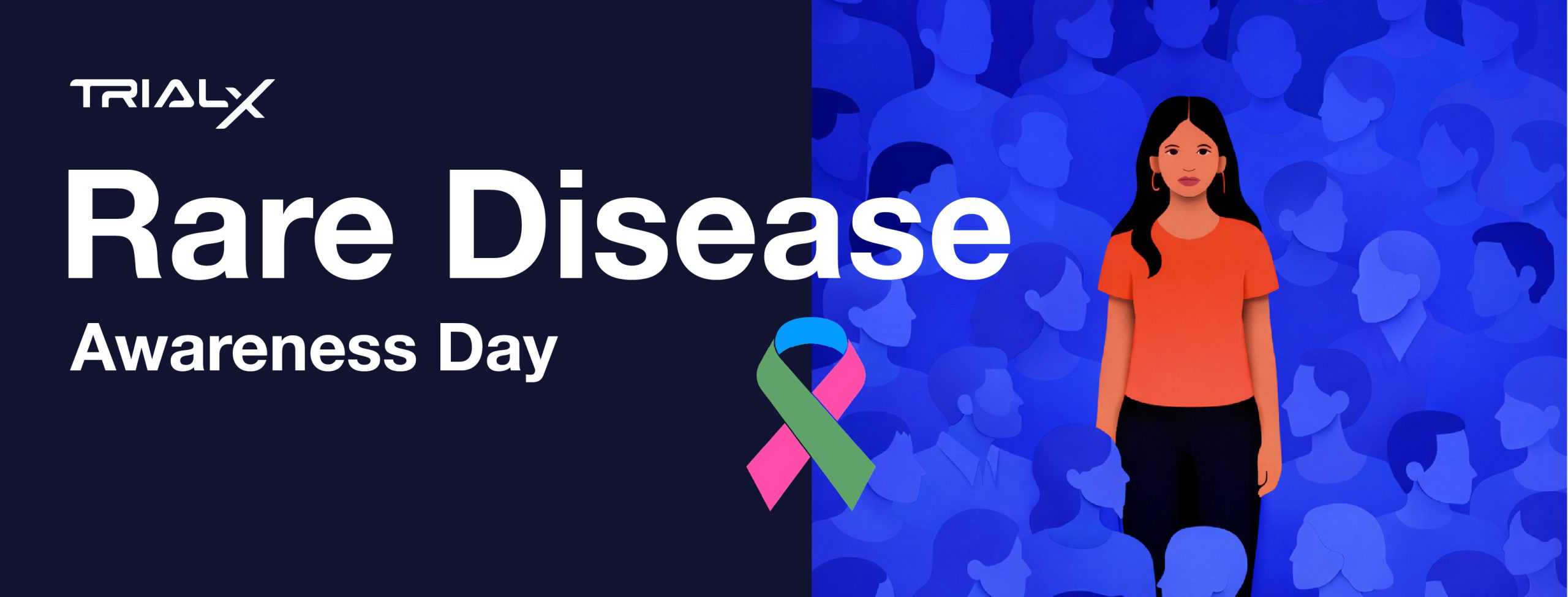COVID-19 Clinical Research Part 4: A Researcher’s Dedication to Service

Part 4: A Researcher’s Dedication to Service During COVID-19
At the Peak of Philadelphia’s Outbreak, Award Winning Research Coordinator Rupa Chowdary Volunteered for Duty at the University of Pennsylvania.
Hustling across the broad boulevard of Market St as if training for a marathon, Rupa Chowdary raced to deliver a patient’s blood sample to a research lab at the University of Pennsylvania. The sample was that of a young 25 year old male, with severe COVID-19 like symptoms. Intubated at Penn Presbytyrian Hospital, his family was doing everything in their power to help him get the best care. For them that meant enrolling him in a clinical trial. To participate, a positive test needed to be recorded within 72 hrs of enrollment, and that window was about to close.
Short of breath, Ms. Chowdary arrived at the lab with just minutes to spare. She handed off the sealed container to the lab technician like a relay team’s baton, who then moved to ensure that the blood sample inside was immediately tested for the virus. It was the end of yet another day in her new reality. She paused briefly to catch her breath before heading back to her desk to finish up some notes for the night crew.
Rupa Chowdary is a clinical research coordinator at the University of Pennsylvania. She has been on the job working on dermatology at Penn for 3 years. She got her star in the field at Jefferson Hospital, just across the Schuylkill (Skee-kill) River from Penn. Coordinators like Rupa are the backbone of clinical research, running things behind the scenes to accelerate breakthroughs in medicine. They manage grant applications, regulatory filings; they recruit patients, collect, annotate and analyze data; and they orient patients and their families to clinical trial participation. Coordinators are given a wide ranging portfolio and imbued with enormous responsibility. Not everyone is cut out for the work. But those that do succeed, and especially those that excel, typically share one thing in common: they really love the work.
As she introduced herself over the phone one late afternoon, the first thing that occurred to me was how this woman, in the thick of the pandemic response, was just barely out of college. But, her sure voice and sincerity of purpose belied her age. One of the first things she said was “I love research”.
Rupa volunteered to work on the phase 1 clinical trial for Remdesivir when the research she was working on was suspended. Remdesivir is the drug now designated as the standard of care for hospitalized COVID-19 patients. Before the outbreak Ms. Chowdary worked on outpatient clinical trials. Her patients had non-life threatening ailments, and would visit a research clinic at Penn periodically to receive a novel treatment, then, within minutes or a couple of hours, they would go home. Her work on COVID-19 research was a significant departure from her research with outpatients. There was no guarantee that the patients she helped enroll for the COVID-19 trial of Remdesivir would leave the hospital, that they would survive their symptoms. All 20 of the enrolled patients were intubated. For Rupa, the emotional intensity was an adjustment, “It was harder working with these patients because we didn’t know if this drug was going to work.”
Rupa volunteered to join the Remdesivir research team at Penn; she was not asked. She had gone into work to look at some records for her suspended study – an act of initiative itself. Because she was on campus, she saw the flurry of activity around COVID-19 research. She wanted to get back to work, so she joined the team that day. Rupa is one of many volunteers from Penn’s research coordinator community that used their time, talent and training to assist in the management of Penn’s COVID-19 clinical trials.
Rupa and the 20 other members of the Remdesivir study team at Penn were part of a global phase I trial that needed 300 participants. At Penn, Rupa’s team achieved their accrual goal in a remarkably short 15-day period. The recruitment process was illuminating of the variety of ways families confront the gravity of choosing a potentially life-saving treatment for their incapacitated loved one. Some families deliberated for days over whether to consent on their behalf. Consenting into the Remdesivir study came with the knowledge that the outcome was uncertain, but also with the certainty that if it didn’t work they would not be eligible for other drug trials that might have better results.
During the course of the trial, Rupa meticulously monitored the patients lab results. Bacterial infections, all too common for hospitalized patients, were of particular concern. Thankfully none of her patients developed any such complications or issues that deemed them ineligible to continue participating in the trial.
In the end, all 20 participants in the Penn Remdesivir cohort recovered and were discharged from the hospital, survivors of Sars Cov2. And Penn’s Remdesivir research continues today, entering phase 3. Rupa is now re-joining her previous research team as they look to gradually restart their trial. Researchers and coordinators at Penn recently recognized Rupa’s unique passion and dedication to clinical research, awarding her the Rising Star Award. The award “recognizes individuals who have who have demonstrated initiative, motivation, maturity, professionalism and attention to detail in the pursuit of their responsibilities.” It’s these folks, and their combination of personal commitment and professional excellence shepherding COVID-19 treatments and vaccines through the clinical trial process. And at TrialX we’re proud of their efforts and are glad to be able to support their work.


